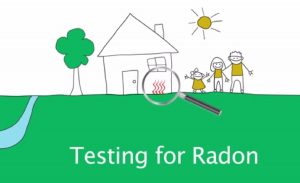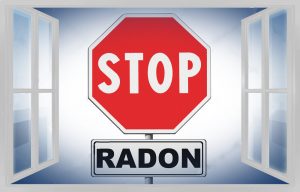Scheduling a radon testing in Annapolis or Severna Park is a great way to keep your family safe from the harmful effects of this radioactive gas.
Before you get started with a radon test, however, you must decide on certain things. For instance, are you doing a short-term test or a long-term test? What kind of testing device is most appropriate for your home? These things could help you plan and conduct precise radon testing.
Here are important things you need to know to make sure you’ll get accurate results.
Types of Testing Devices
You’ll find two general types of radon testing devices. They are passive devices and active devices.
A passive device does not require any power to function, while an active radon testing device needs power.
Some passive devices available on the market are electret ion chamber detectors, alpha-track detectors, charcoal canisters, and charcoal liquid scintillation devices. To use any of these devices, simply place them in your home (preferably in the lowest level) so that they are exposed to the air inside your home for a specific period. After the testing period, send the device to a laboratory for analysis.
Active devices include continuous working level monitors and continuous radon monitors. They monitor and record radon in the air. Unlike passive devices that you have to bring to a lab for analysis, active devices can provide reports about the levels of radon in your home during the testing period. You’ll only need an experienced tester to help you analyze the report.
Length of Testing Time
Long-term testing means you’ll need to test your home for radon for more than 90 days. Devices used for this testing method are electret ion chamber detectors and Alpha track detectors.
Interpreting Results
According to the Environmental Protection Agency, your home’s radon level should be lower than 4 pCi/L. If it is 4 pCi/L or higher, you should consider radon mitigation as soon as possible.
You and your family spend a huge amount of time inside your home. It’s vital to ensure you’re breathing in air that’s free from harmful gas, such as radon. To learn more about radon testing in Annapolis or Severna Park, send an email to info@atlanticradonmitigation.com or fill out our contact form.




